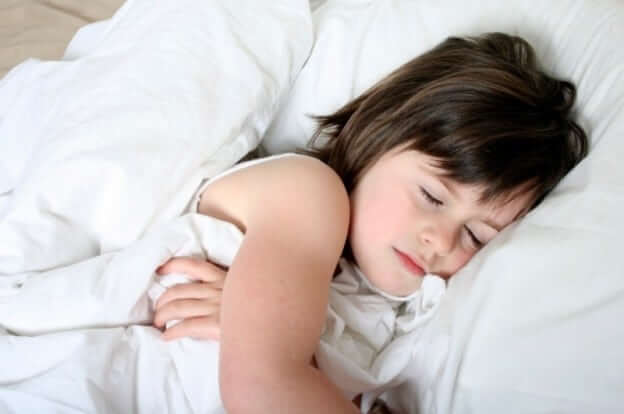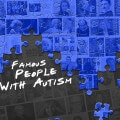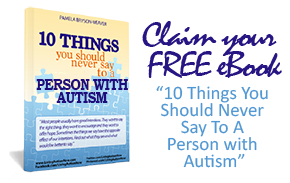Sleep can be quite a challenge to children with autism. At most 80% of children on the spectrum encounter sleep issues which can be disruptive to their progress. Sleep, as we all know, is a vital component in maintaining good health. It is not only essential for physical growth it also helps restore bodily functions, puts a shield to the body’s immune system, and enhances memory and learning.
For kids with autism, sleeping problems can heavily impact daytime behaviors. This insufficient sleep, when gone unattended, can turn their behavior from bad to worst. Autism sleep problems do not only affect the child per se, this also adds stress to the parents, siblings, and caregivers leading to more challenges.
Likely Causes
To combat sleep deprivation, it is imperative to first look at the likely causes of such difficulties. One of the most common reasons for sleep deprivation of kids with autism is environmental influence. It could be the physical aspect of his bedroom, of the people that surrounds him, or inadvertent behavioral shaping from a parent. The bedroom might be where he engages in play activities, or a parent must have been used to rocking her child to sleep leading to dependency, or too much noise in the neighborhood. Be reminded that children on the spectrum are ultra sensitive to light, touch and sounds.
Tips to A Goodnight’s Sleep
Children with autism often follow a consistent routine, and sleeping is no different. As a parent, it is important that you keep a sleep diary where you keep track of his sleeping time and take note of nighttime awakenings. This can require some efforts for at least a month so you can establish a pattern and be aware to various environmental factors contributing to the sleeping issues of your loved one.
Creating a visual schedule like a chart can be a useful tool to keep him informed and establish a routine. Try to infuse fun to the chart. Kids with autism can be highly visual in nature, and capturing their visual senses can often lead to a more relaxed routine set-up.
Try to establish a relaxed and calming atmosphere prior to bedtime. You may engage yourself, along with your child, with classical music to soothe their usually cranky nerves. Music is a universal language and, according to studies, many children with autism respond positively to classical music than any other genre. This type of music does not only calm their senses, it also enhances brain functions leading to their progress. Some children also respond better to hypnotic chants and sounds of nature. The key in all these, however, is consistency.
Some circadian rhythm disturbances to children with ASD can also be due to a medical condition. Allergies, acid reflux, sleep apnea, seizures, and night terrors are some of the most common medical conditions that ASD children have. These conditions require serious medical intervention to ensure safety and health of the child. To some, working with a sleep specialist can prove to be helpful.





